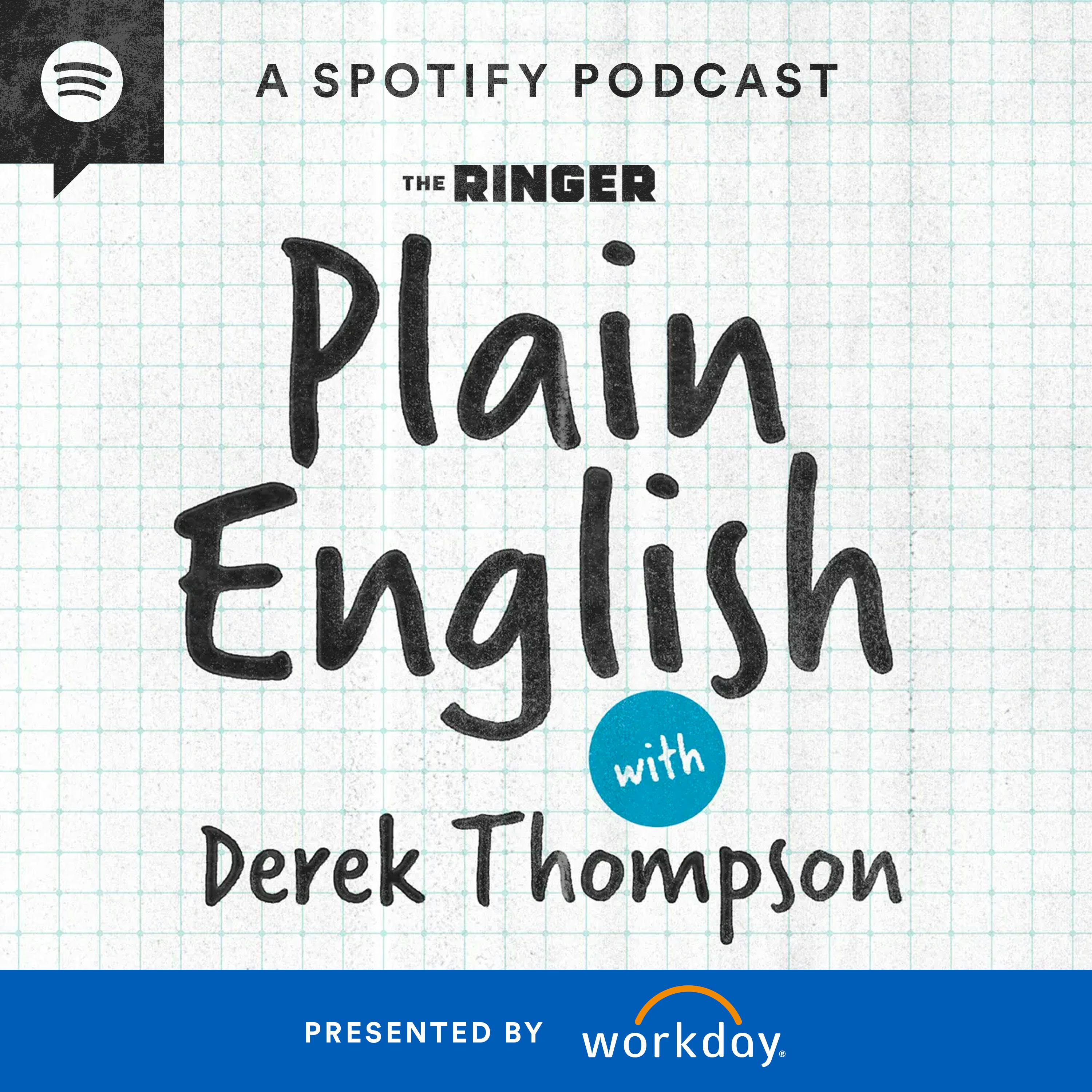"Exercise May Be the Single Most Potent Medical Intervention Ever Known"
Description
Exercise is a conundrum. On the one hand, physical activity is clearly one of the best interventions for preventing physical disease and mental suffering. On the other hand, scientists don't really understand how it works inside the body or what exactly running, jumping, lifting, and squatting do to our tissues and organs. That's finally changing. Euan Ashley, a professor of genomics and cardiovascular medicine and the chair of the Stanford Department of Medicine, is a member of a new research consortium that studies rats and humans to understand the molecular changes induced by exercise. Today we talk about the earliest findings from this new consortium, how exercise might have disparate effects in men versus women, why nature’s most effective cardiovascular intervention also seems to be nature’s most effective mental health intervention, as well as whether it will one day be possible to identify the molecular basis of exercise precisely enough to develop exercise pills that give us the benefits of working out without the sweat.
If you have questions, observations, or ideas for future episodes, email us at [email protected].
Host: Derek Thompson
Guest: Euan Ashley
Producer: Devon Baroldi
Learn more about your ad choices. Visit podcastchoices.com/adchoices
More Episodes
Today’s guest (our final preelection guest) is David Wasserman, political analyst with the Cook Political Report, who also helps out with the NBC decision desk. There are dozens, maybe hundreds, of people whose job on election night is to help Americans understand when we can safely call specific...
Published 11/04/24
Published 11/04/24
Today, a close look at the history of a Pennsylvania town and how that history contains within it the story of the 2024 election. In September, Donald Trump claimed that the city of Charleroi, Pennsylvania, was being overrun by immigrants who brought violence, gangs, and economic destruction....
Published 11/01/24


